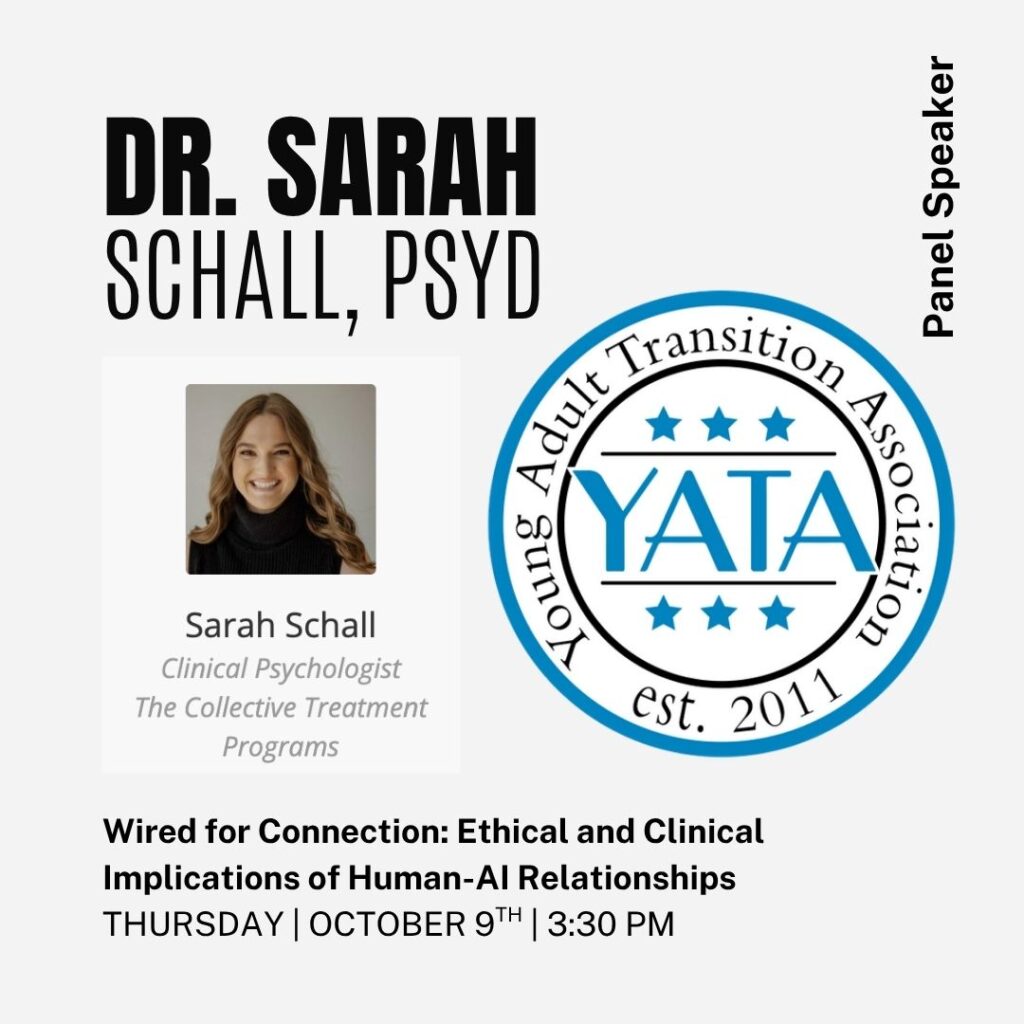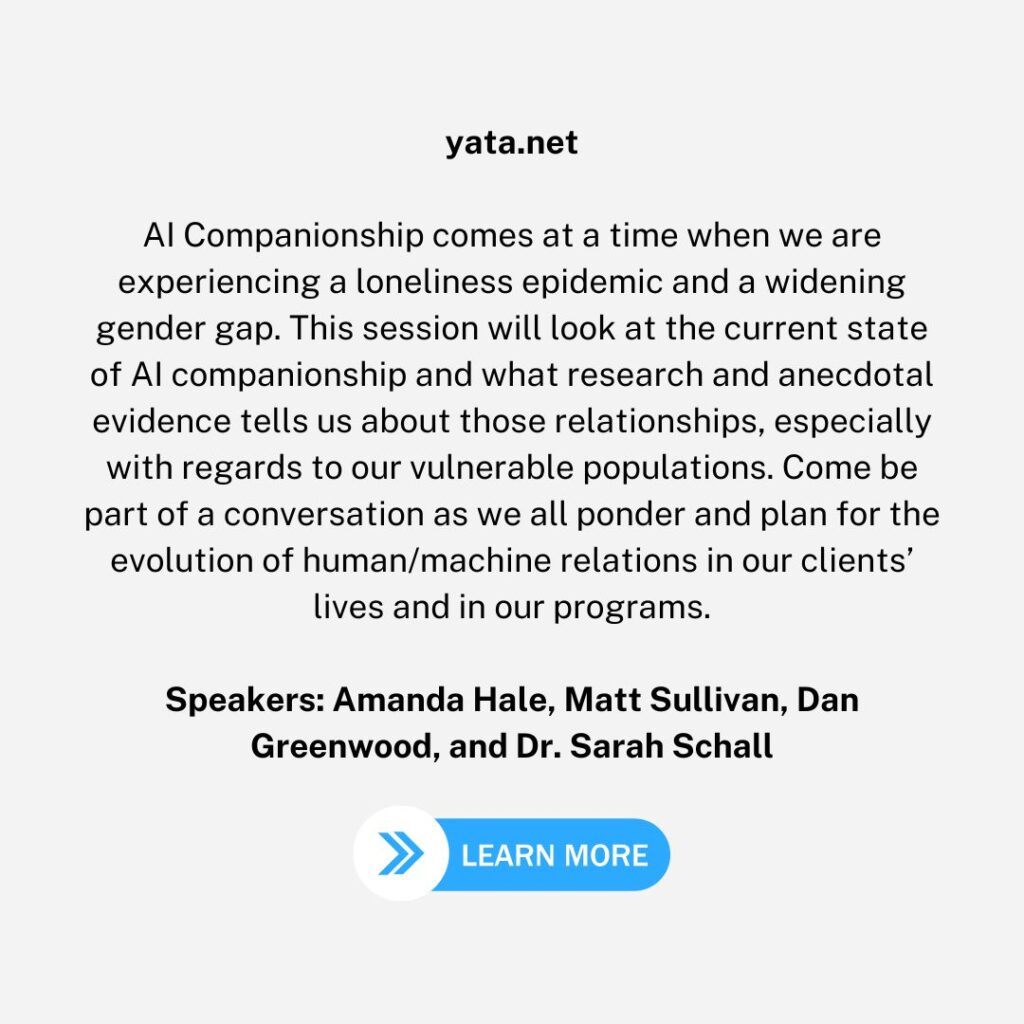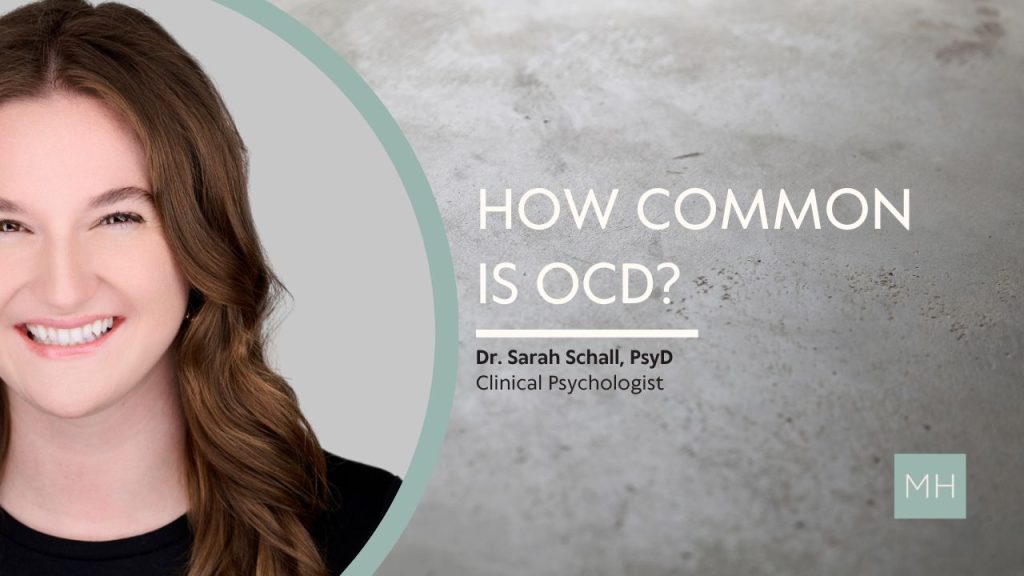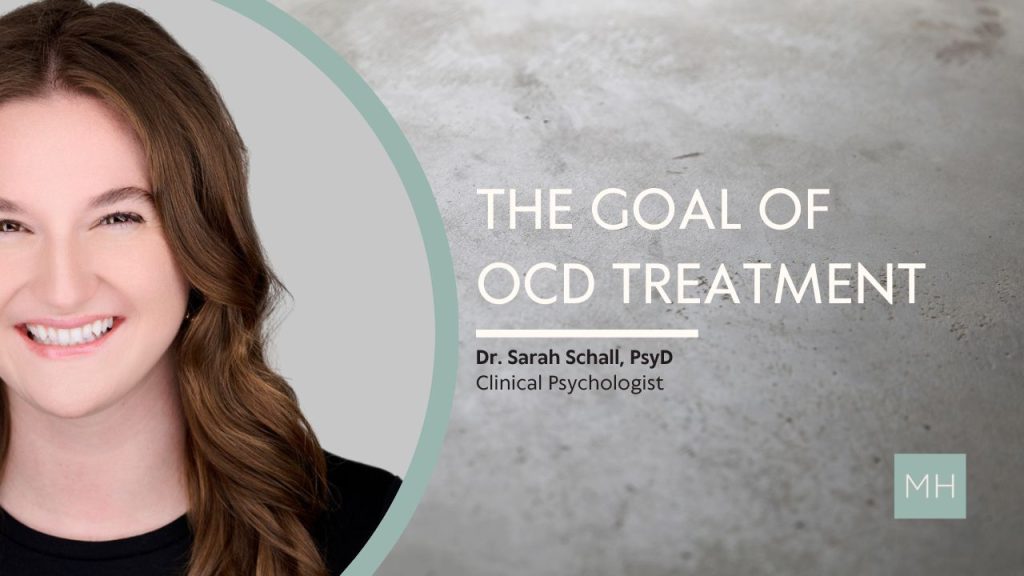IS AI NEGATIVELY IMPACTING YOUR OCD?
AN INTERVIEW WITH: DR. SARAH SCHALL, PSYD
Interview
I’ve been asked to speak on a panel at YATA, and it is focused on the usage of AI with young adults. Where my specialty comes in, and what I’d like to speak about, is how AI and OCD can be very much intertwined. What I mean by that is I work with a lot of people where the use of AI has become compulsive. So reinforcing their OCD and in not in a helpful way, in a way that’s really hindering and worsening symptoms. And it’s such a double-edged sword because AI can be this wonderful, for some people would argue not for others, like helpful tool, but it’s almost like what I often see someone with OCD is like, they’ll get a piece of that and then just latch on and it becomes like bigger than them and really, really negatively impacts their life. And they don’t realize it often until they bring it up. And I think because it’s a fairly new concept, I think the literature is really not there yet, and the research isn’t there yet, but I see it coming fast and engulfing people. To the point where people are spending hours, for instance, compulsively asking for reassurance from AI, trying to get certainty. I see it a lot with the theme of perfectionism of like having think AI rewrite things over and over and over again. And when we think about OCD, we look at impairment, we look at time spent, and those two things are often completely aligned with AI. You spend too much time on it for someone with OCD, and then it gets in the way impairment wise. Socially, I see it happen where, okay, maybe I used to, if I have OCD, I’m going to seek reassurance from family members. Oh, they got some education about OCD, they know not to do that, but I have my phone now and I can spend all night trying to get certainty, aka compulse, and no one’s gonna say no. AI is actually probably gonna be really nice and just like feed it. Which has really devastating consequences from what I’ve seen. And other people look at AI outside of OCD, and it can completely, completely different function. So I always look at the function of a behavior. If the function is to reduce distress, if it’s to get some certainty where there is no actual certainty, if it’s to feel different, right? It’s that temporary relief someone with OCD is looking for. Those behaviors are often considered compulsions, right? If the usage of AI is to reduce that distress to get some certainty for something you can’t actually get certainty on, to feel a little bit better temporarily, I would consider that compulsion, which we don’t want to be reinforcing for OCD, ’cause that makes it worse.
DO YOU HAVE A QUESTION?
Send our team a message or call 888.717.9355



